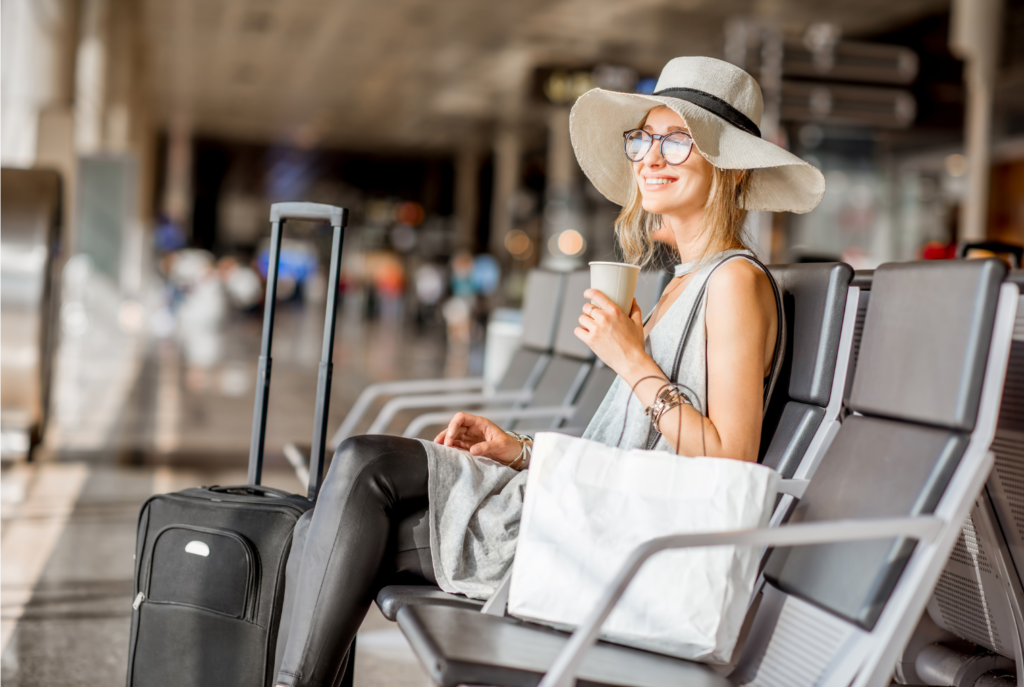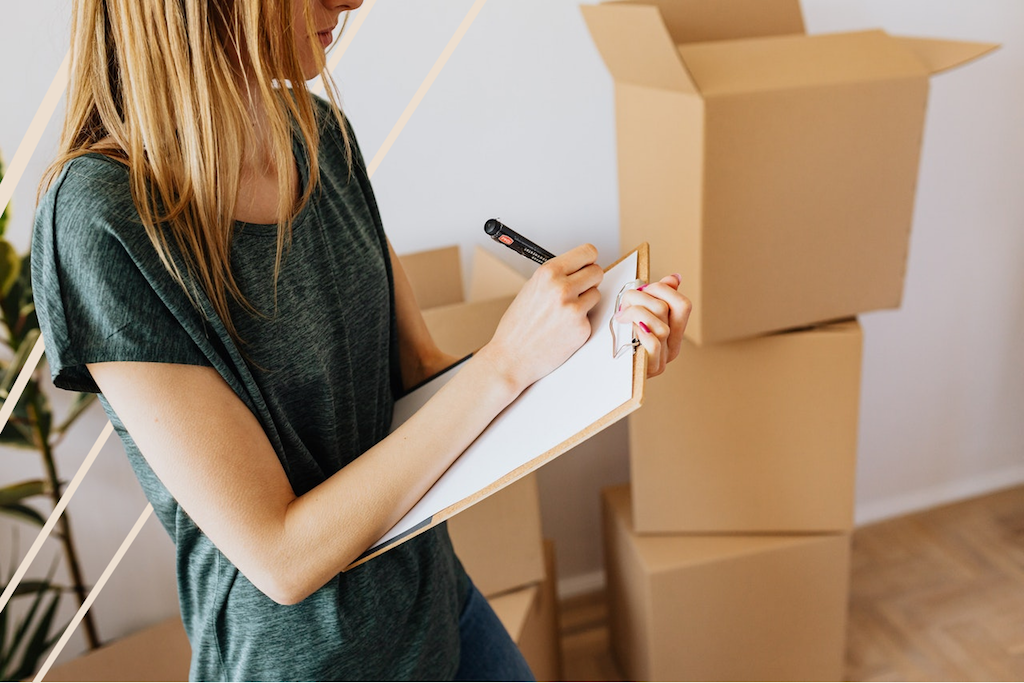So, you’ve decided to relocate to another country. And who can blame you? This one hasn’t exactly been giving the best account of itself lately. What we’d give to pack our bags, spin a globe and see where our finger lands; in a world currently so uncertain, spontaneity is the only way forward right now.
We’re assuming you’ve already decided on your destination, but in the rush to escape the UK for pastures new, there are several other key considerations you might neglect in haste. This should cover it; our 7 tips for making a seamless move abroad.
Neighbourhood Know-How
Though it can offer a decent level of peace of mind, choosing your accomodation (both the neighbourhood and actual premises you’ll be living in) prior to arriving in your new city is, frankly, an error.
Instead, it’s best to give a few neighbourhoods a ‘trial run’, as it were, to find which best suits your unique needs. In any big city, boroughs, districts, even blocks, are hugely diverse, with each a completely different proposition to the next. Within every neighbourhood lies a hugely diverging, unique personality and local pride. With the makeup and manoeuvring of each area forever in a state of shapeshifting, deciding from afar where you want to settle before you actually spend time there is a foolish move indeed.
It’s best practice to arrange a short term lease (sublet) in the city for a couple of months to get your bearings and figure out which ‘hood best chimes with your expectations. AirBnb is useful for this, though you should check if it’s actually legal in the city you’re heading to prior to arrival. Many major urban centres, including Barcelona, Paris, New York and San Francisco, have placed major restrictions on, or outright banned, the platform. Hotels, hostels, or even Couchsurfing, might be a better bet.

Work & Money
If you’re not moving specifically for a new role you’ve landed, then you have two options; find a job once you arrive in your new city, or work remotely. Fortunately, there are loads of jobs you can do while travelling or transient, which could keep you going as you settle in somewhere new. These include teaching English as a foreign language, working as a translator or interpreter, or even embarking on a career as a flight attendant.
What’s more, with remote working now enforced in many countries globally, now seems like the ideal time to continue with your current job, ‘working from home’, but that home is somewhere abroad. Perfect!
If you’re interested in how to save money whilst working remotely, do check out our 5 IDEAL tips for managing your finances as a digital nomad for more.
Moving Costs
The costs of moving to a foreign country can be high. If you intend to take the contents of your house with you, then things can get expensive. That said, the home comforts of having your worldly possessions with you can really help with the settling in process, and for many, the cost is worth it.
To reduce the inconvenience, seek a relocation firm in your area. The best companies will not only help you transport your stuff in one piece, but will also be able to help with the packing and unpacking. Talk about taking a load off!
As the moving experts at Coleman Worldwide Movers tell us, this usually takes the form of an LLC shipment via sea or air freight, which can also help you avoid unnecessary bureaucracy at your destination, which can be a pain when all you want to do is unpack your cherished possessions as quickly as possible.

Legal Documents
There are a few documents which you’re going to need to enter, work and live in another country, as well as gain access to medical care there, too.
The most obvious legal document is the visa, which allows you to visit or stay in that country for a specified period. Another document is a work permit if you will be doing any work to sustain yourself; this will usually require a contract with a company registered within your new country, so many remote working jobs won’t grant you this. Check out this extensive list of places where Britons can and can’t go without a visa, but do be aware that the rules will change drastically after Brexit.
Other important documents that you shouldn’t leave behind include your identification card, passport, copies of any insurance you might have and medical cards. These documents vary from country to country, state to state, but are vitally important if you’re to settle in properly in a legitimate way.
Read: Moving to London? Some considerations before you relocate
Find Ways To Settle In
Life abroad can be lonely if you don’t take proactive steps to meet new people. This is particularly true if you’re working remotely, on your laptop from home or a coffee shop, where opportunities to socialise are even more limited.
There are a few different ways you can settle into your new location and meet people, regardless of which country you’ve chosen to live in. Joining a gym or sports club, taking language classes, or attending community events will help you find people with common interests.
Alternatively, as is the case with so much in the modern world, there’s an app which can help; meetup.com is similar to a platonic Tinder, and can help you connect with like-minded individuals in your new city. Bumble BFF serves a similar function, and the community based, neighbourhood platform Next Door can also earn you introductions to people close to you.

Language Learning
One of the most effective ways to integrate into a new country is by learning the local language. Not only does it help in daily interactions, but it also shows respect for the local culture and can open up more opportunities for socialising and employment.
- Apps & Websites: Utilise language learning apps like Duolingo, Babbel, and Rosetta Stone. These platforms offer structured lessons that can help you get a good grasp of the basics before you even arrive.
- Local Language Exchange Groups: Once you’re in your new city, join language exchange groups through platforms like Meetup.com or Tandem. These groups often organise meetups where you can practice the local language with native speakers in exchange for teaching them your language.
- Community Classes: Check out local community centers or universities for language classes. These are often more affordable and provide a structured learning environment. Websites like Coursera and edX also offer online courses in various languages.
Healthcare Preparedness
Understanding the healthcare system in your new country is crucial for your well-being. Different countries have different healthcare structures, and being prepared can save you a lot of stress.
- Health Insurance: Ensure you have comprehensive health insurance that covers you in your new country.
- Local Healthcare Registration: In many countries, you need to register with a local doctor or healthcare provider. Research the process and complete it as soon as possible after your arrival. Websites like Expatica provide detailed guides on how to navigate healthcare systems in various countries.
- Emergency Numbers & Services: Familiarize yourself with the local emergency numbers and services. Apps like ICE (In Case of Emergency) can store your medical information and emergency contacts, which can be crucial in an emergency situation.
Anyway, that’s enough admin; it’s time to get excited. Good luck with the move – you’re gonna be just fine!





